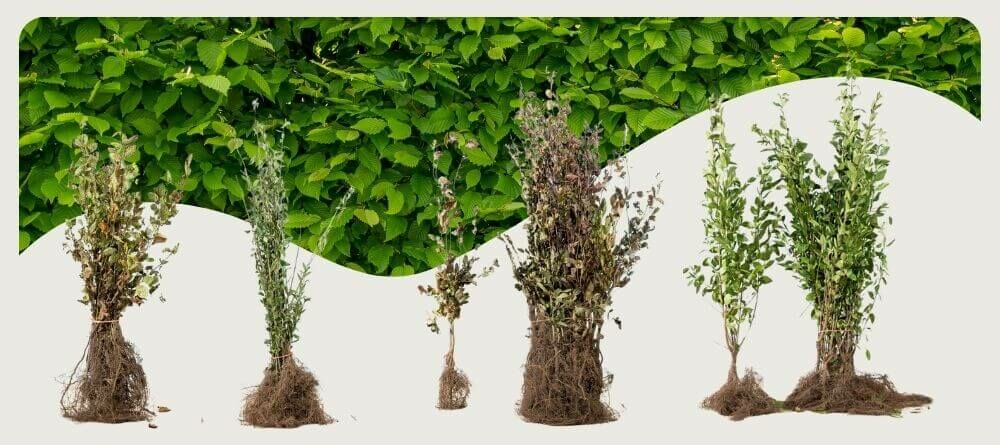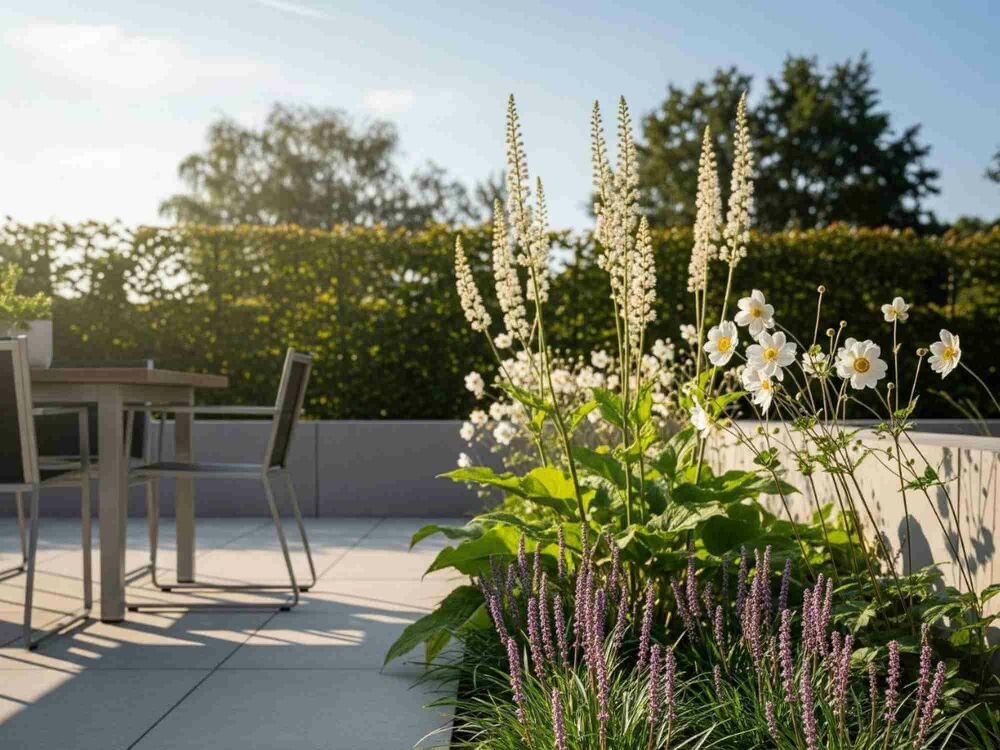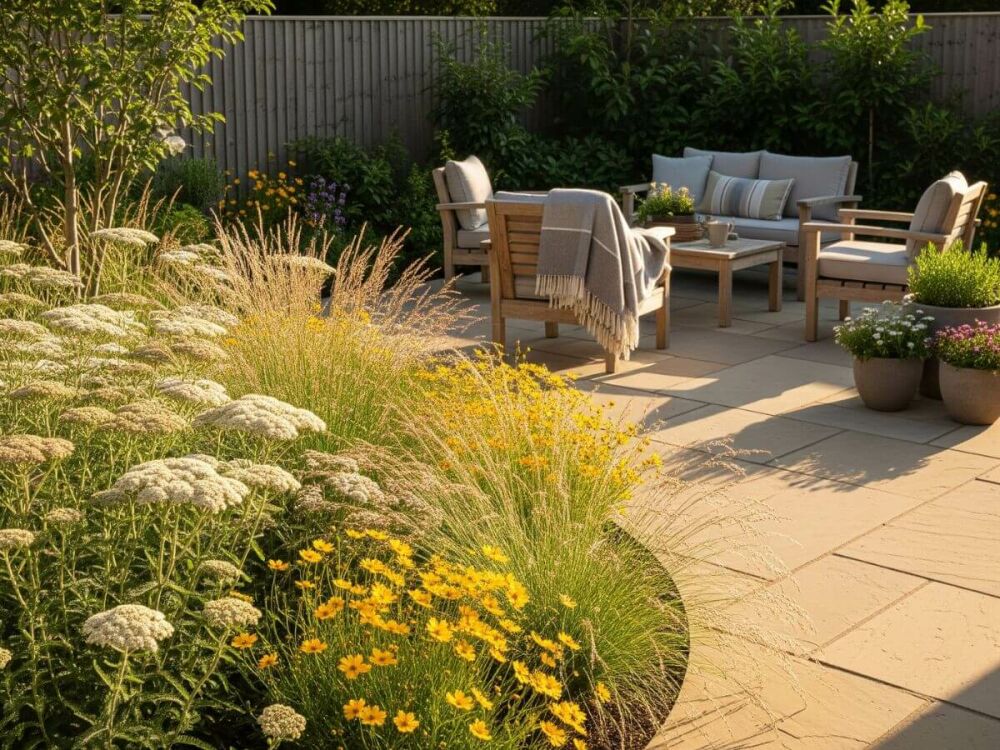Are weeds actually unwanted?
We all know it: as soon as weeds grow in your garden it triggers you to remove them immediately. Particularly now that the weather outdoors is really inviting gardening again. At least then your garden will look tidy again! But is it really so smart to weed all the weeds straight away? Are all the weeds actually unwanted? We're happy to explain!
Understanding your soil type
Weeds growing in your garden take a very important benefit. Not every type of weed can grow in every soil type. So in this manner, weeds tell you a lot about the type of soil in your garden. This can be useful if, for example, you have ambitions to build a vegetable garden, or you wonder why certain plants just don't grow.
There are, for instance, several types of weeds that can only grow in nutrient-rich soils. Examples include nettles, dandelions, field thistles and street grass. If you see these little plants appearing in your garden, then you know that the soil they grow in is very nutritious. It is a perfect place to start a vegetable garden or place some plants that need a lot of nutrition.
By contrast, certain weeds also let you know when your soil is in a not-so-good state and what state this is. Some weeds only grow in soils with poor structure, while other weeds prefer acidic or, on the contrary, calcareous soils. If you see the weeds appear, this could be an indicator of your soil conditions.
The weed field bindweed, for example, is an indicator of a compacted soil (low in humus and dry), hedge lime is a sign of very nutrient-rich but also moisture-rich soils, and horsetail is a sign of poorly draining soil (often also somewhat acidic).
More life in your garden
Humans often think weeds are unwanted guests, but not everyone thinks the same. Many insects see certain types of weeds as a source of food. So they are actually very happy with them. For bees, for instance, gravitate to dandelions and butterflies like to flutter among nettles. To boost the biodiversity of your garden, it makes sense to leave these weeds in moderation. That is the way to give nature a hand.
Turn weeds into food
Needless to say, having too many weeds in your garden is not great either. They block the view to your own plants and can create an uncluttered look. In addition, they demand space in your soil, leaving your own plants less room to grow. Hence, looking after your garden by removing weeds from time to time is also definitely recommended. However, the tip: do not throw the weeds in the green waste right away!
After all, weeds are a perfect addition to your compost heap. Many of them provide substances and chemicals that can serve as nutrients for your garden. You can collect the removed weeds on your composite pile.
Apart from being food for your garden, (certain) leaves are also a food source for humans. Stinging nettles, for instance, make delicious soup or tea and dandelion leaves are delicious in a salad. So look into the potential before discarding weeds from your garden.



